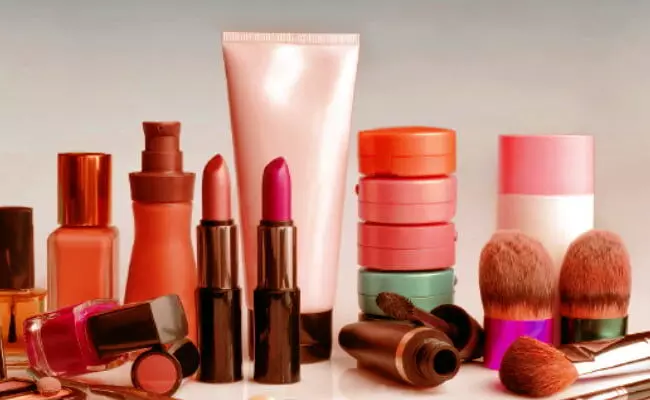
Chemicals found in shampoo, makeup can impair fertility, says study
text_fieldsSan Francisco: Exposure to "phthalates", a group of plasticising and solvent chemicals found in many household products such as shampoo, makeup, vinyl flooring, toys and medical devices can lower the probability of getting pregnant, but not to pregnancy loss, a new study has discovered.
The study, published in the journal Environmental Health Perspectives, also found a link between phthalate exposure before conception and alterations in women's reproductive hormones, as well as increased inflammation and oxidative stress.
“Phthalates are ubiquitous endocrine disruptors and we’re exposed to them every day,” said lead author Carrie Nobles, assistant professor of environmental health sciences in the School of Public Health and Health Sciences, US.
According to a Centers for Disease Control and Prevention fact sheet, people are exposed primarily by ingesting food and liquid that has come in contact with products containing the chemicals.
To analyse, the study included detailed information on 1,228 participants during six menstrual cycles when they were attempting to get pregnant. The women who became pregnant were followed through pregnancy.
 Also Read - Menstruation not a handicap: Smriti Irani opposes paid period leave
Also Read - Menstruation not a handicap: Smriti Irani opposes paid period leave
Phthalates are broken down by the body into metabolites, which are excreted in urine and can be analysed. The researchers detected 20 phthalate metabolites in urine samples collected from study participants.
"We found there were three parent compounds that seem to be most strongly associated with taking longer to get pregnant, although we saw a general trend toward it taking longer to get pregnant across the phthalates we looked at," Nobles said.
"As exposure got higher, we saw more and more of an effect," she added.
The researchers also looked at C-reactive protein, a global marker of inflammation, and discovered that women who had greater levels of phthalates exposure also had higher levels of inflammation and oxidative stress, which can lead to organ and tissue damage and, eventually, disease.
In addition, women with greater phthalate levels had lower estradiol and higher follicle-stimulating hormone levels throughout the menstrual cycle, both of which are critical in ovulation and the early development of pregnancy.
The researchers said while women can check consumer product labels and look for phthalate-free options, the ubiquitous nature of the chemicals makes it difficult for an individual to control their exposure.
With agency inputs

























